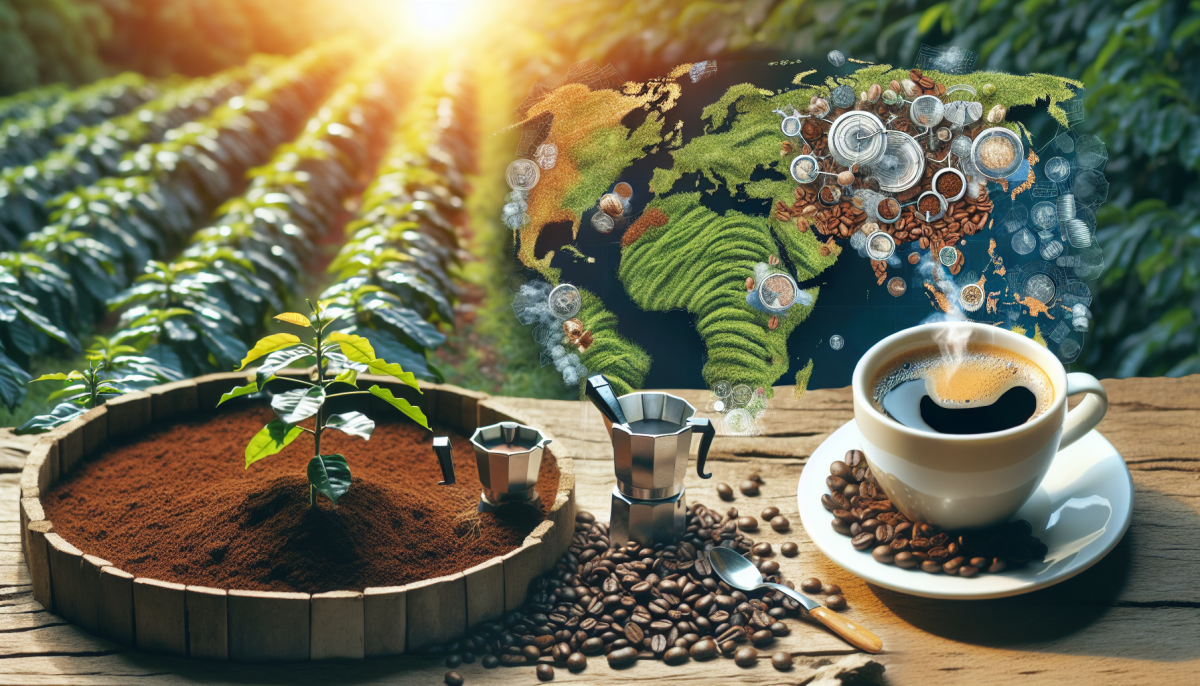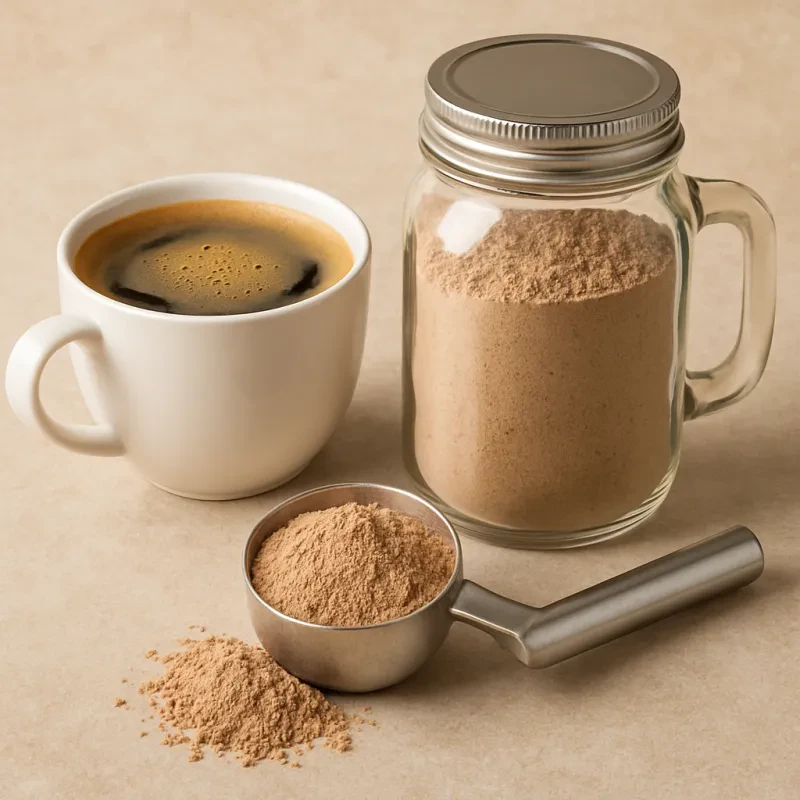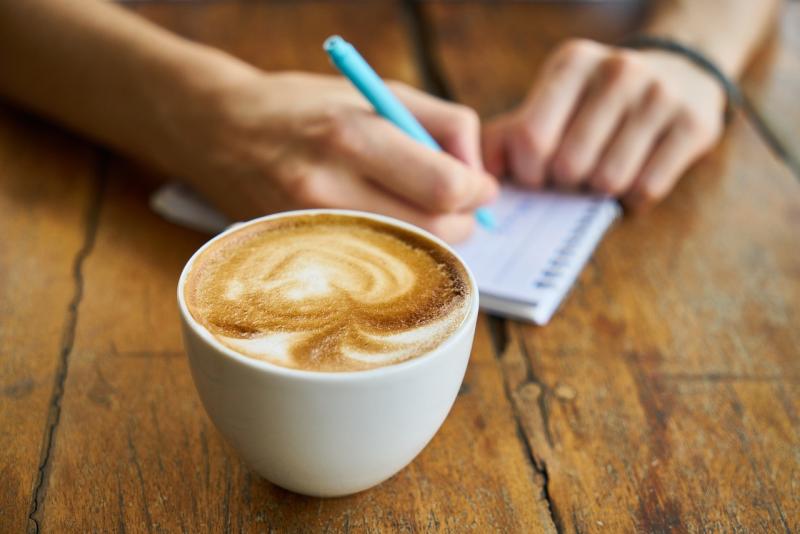Let's face it, coffee is more than just a morning pick-me-up. It's become a huge part of our daily lives and social interactions. From cozy coffee shops to bustling offices, coffee culture has completely changed how we connect with one another. People meet for coffee dates, catch up over a cup, or even power through work while sipping their favorite brew.
Back in the day, coffee was just a drink. But now, it’s an experience. Think about it: how many times have you been to a café that feels like a second home? Those comfy couches, the smell of fresh beans, and the barista who knows your order by heart add up to a whole vibe. Coffee isn’t just about caffeine—it's about the whole atmosphere that goes with it. Good coffee brings people together, and that’s pretty special.
And let's not forget how coffee shops have become community hubs. Whether you’re catching up with friends, working on a creative project, or just enjoying some alone time, coffee spots have turned into meeting places. You can see people chatting, sharing ideas, or simply taking a breather from the hustle and bustle of everyday life. This culture of connection has helped make coffee a staple in so many social settings.
Just think about all the flavors and options available these days! From flavored lattes to cold brews, there’s a coffee drink for everyone. This variety attracts different crowds and encourages people to explore and try new things. That's the beauty of coffee culture; it keeps evolving, bringing in new tastes and experiences that people just can’t resist.
Coffee and Connection Across Continents
Coffee isn’t just a drink; it’s a bridge that connects people from all corners of the globe. From the bustling streets of Brazil to the serene cafés in Italy, coffee culture plays a vital role in connecting communities. Think about it: how many conversations have you had over a warm cup of coffee? It's like the ultimate social glue, bringing friends together and kicking off new friendships.
Historically, coffee houses have been hotspots for sharing ideas. In the 17th century, they were often referred to as “penny universities” because, for the price of a cup, you could soak up knowledge and engage in lively discussions. Philosophers, artists, and revolutionaries gathered to sip their brews while changing the world, one conversation at a time.
Today, coffee still fosters connections but in more diverse ways. With the rise of specialty coffee shops, you can now experience flavors from distant lands without leaving your city. This exploration gives you a taste of another culture and an opportunity to connect with baristas who are passionate about their craft. It's all about those shared experiences that make us feel a little closer to one another.
Let’s not forget the role of coffee in remote work culture. While working from home, a good cup of coffee can become your little slice of normalcy. Whether you’re taking a break to chat with a colleague or catching up with friends over a virtual coffee date, it keeps those connections alive, even from a distance. Coffee fills the gaps, keeping us linked in a world that’s always changing.
Economic Impact of Coffee Trade
The coffee trade has been a game changer for the global economy and it’s fascinating to see how it has shaped societies over the years. Coffee isn't just a drink; it’s a multi-billion dollar industry that provides jobs, stimulates local economies, and boosts trade routes. From farmers in Colombia to baristas in Seattle, countless people depend on coffee for their livelihoods.
In many developing countries, coffee farming is a lifeline. It creates jobs and supports entire communities. Families often rely on the income from coffee sales to pay for education, healthcare, and basic needs. When farmers thrive, so do their local economies, leading to investments in infrastructure and community initiatives.
Then there’s the impact on global trade. Coffee is one of the most traded commodities in the world. It connects continents and cultures, playing a key role in trade negotiations and international relations. Countries compete to produce the best beans, and this rivalry helps push quality forward while also driving down prices to keep coffee accessible for consumers everywhere.
On a larger scale, the coffee industry can influence economic stability in producing countries. When coffee prices are high, entire nations can experience growth. However, when prices drop, it can lead to economic hardships. This constant fluctuation shows just how interconnected the coffee trade is with global markets, making it vital to countless economies around the world.
Health Benefits of Drinking Coffee
Drinking coffee has some awesome health perks that make it much more than just a tasty pick-me-up. One of the biggest benefits is its potential to boost your energy levels. That caffeine kick wakes you up, improves focus, and can even enhance your mood. If you're feeling sluggish, a cup of coffee can be a game changer.
But it doesn’t stop there. Coffee is packed with antioxidants, which help your body fight off free radicals and reduce inflammation. This means your liver, heart, and even your skin can benefit from that daily cup. Some studies suggest that regular coffee drinkers may have a lower risk of certain diseases, including Type 2 diabetes and Parkinson's disease. It's like sipping on a tasty shield for your health.
Coffee can also support physical performance. If you need an extra boost before hitting the gym, drinking some coffee can increase adrenaline levels. This helps you tackle those workouts with more energy and stamina. Plus, studies show that it can reduce perceived effort, making workouts feel just a bit easier. Who wouldn’t love that?
And let’s not forget about social benefits! Enjoying a cup of coffee with friends or family can strengthen bonds and spark great conversations. Whether it's a cozy chat at home or a lively coffee shop meet-up, coffee brings people together. So while you're savoring that delicious drink, you're also nourishing your connections with others.



